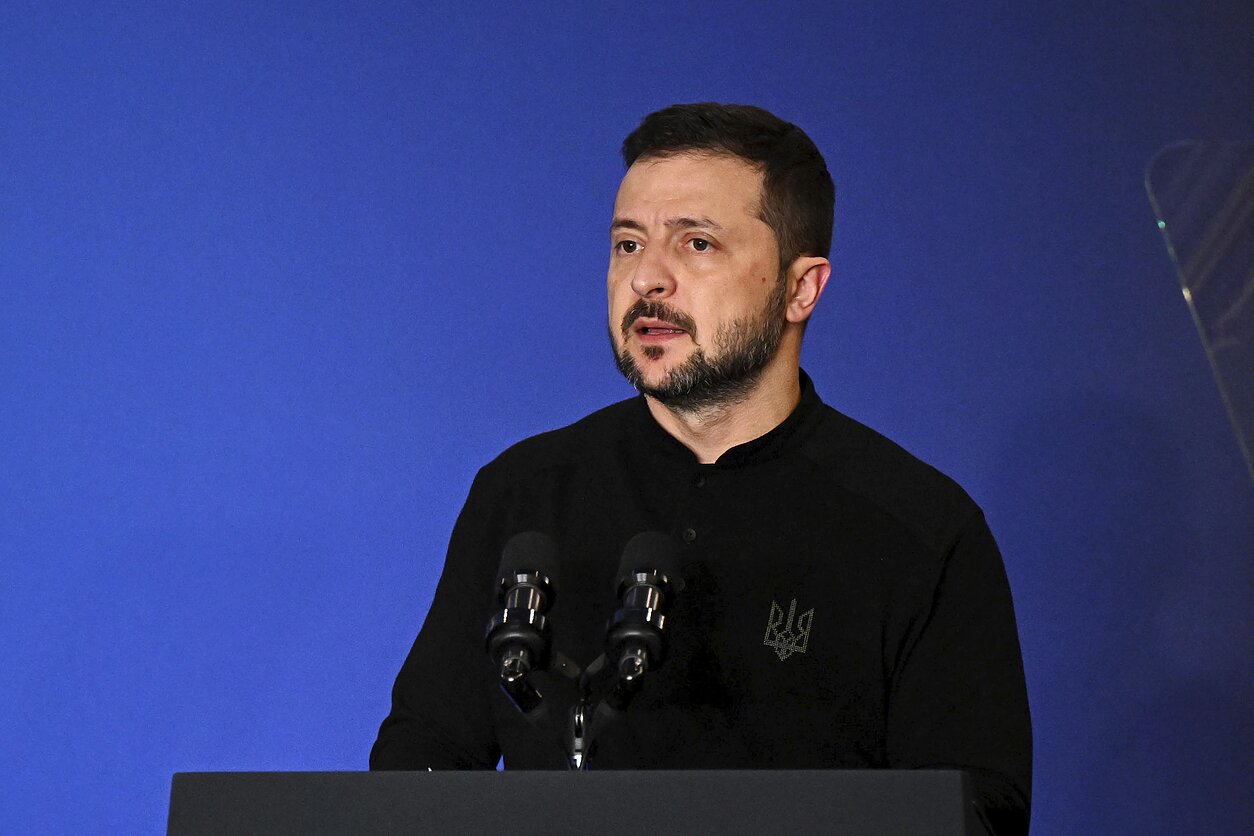After the postponed summit in Ramstein, Ukrainian President Volodymyr Zelensky embarked on a diplomatic tour of Europe, seeking support from allies. He hopes that partners will not leave Ukraine alone in the fight against Russia. However, with new challenges arising, the situation is becoming increasingly complex.
On one hand, Ukraine is facing Russia’s full-scale attempts to destroy it. On the other hand, natural disasters are also playing a role. Hurricane “Milton,” which hit Florida, forced U.S. President Joe Biden to cancel his trip to Germany and the summit in Ramstein. This event could potentially impact further assistance to Ukraine.
European Tour: What Awaits Ukraine?
Zelensky hastily organized a trip to London, Paris, Rome, and Berlin, trying to urge European leaders to provide more active military assistance. Support may be urgently needed as the U.S. presidential elections are approaching, and the window of opportunity to receive additional aid from Washington is slowly closing.
It is unknown what exactly Biden would have offered Zelensky at their meeting in Ramstein. The Ukrainian president was supposed to present his “victory plan,” which involves diplomatic pressure on Russia to end the war. However, Ukraine needs additional military assistance for this, including precision weapons capable of striking Russian targets.
Prospects for U.S. Support
If things do not go as Zelensky expects, then additional weapons and aid from Washington may only come after the new U.S. government takes office. This may not happen until spring, and it all depends on the election results. Donald Trump, who had previously threatened to cut off support to Ukraine, may further complicate the situation.
In light of this, Zelensky increasingly relies on his European allies, presenting new challenges.
EU provides significant credit, but will it be enough?
Zelensky met with German Chancellor Olaf Scholz on Friday, who aims to reduce direct military aid to Ukraine. Germany’s budget for next year includes only 4 billion euros to support Ukraine, significantly less than this year’s 7.5 billion.
However, the good news is the EU’s approval of a $35 billion credit for Ukraine, part of the G-7’s $50 billion plan. This credit can help Ukraine cover a significant portion of its military needs, but it may not be enough.
Ukraine urgently needs new weapons
As winter approaches, military actions in Donbas may slow down, but Russia is likely to intensify air attacks on Ukraine’s critical infrastructure. Therefore, the Ukrainian army urgently needs modern air defense systems.
The US and Germany have already provided Ukraine with several such systems, including the Patriot and Iris-T, but this is insufficient to ensure full protection. On Friday, Olaf Scholz announced a new military aid package of 1.4 billion euros, including additional Iris-T systems, tanks, and armored vehicles. However, the long-range weapons that Ukraine desperately needs are not included in this package.
Weapon production: European challenges
In addition to funds, Ukraine needs weapons, and new difficulties arise here. The European defense industry is not operating at full capacity, as in Russia. The production of new weapons takes a lot of time, and this could become a key problem for Ukraine in the near future.
Zelensky continues to rely on the supply of weapons from the arsenals of European states, but resources are gradually depleting. Germany is already struggling to retrieve the equipment it provided to Ukraine, and the federal government refuses to allocate additional funds for these needs.
Russia does not compromise
Meanwhile, Russia appears unwilling to compromise on its military goals. Despite Zelensky’s readiness for negotiations, Vladimir Putin shows no desire to discuss peace terms. According to polls, Russian society mostly supports the idea of continuing the war until Ukraine’s capitulation.
Thus, the conflict will persist, and it is difficult to expect significant changes on the battlefield until Russia’s resources are depleted.
Zelensky’s journey through Europe has been an important step, but the situation remains complex. While there is support from Europe, its extent may prove insufficient to overcome the challenges facing Ukraine. The coming months will be crucial not only for the war’s outcome but also for the future of international support for Ukraine.


